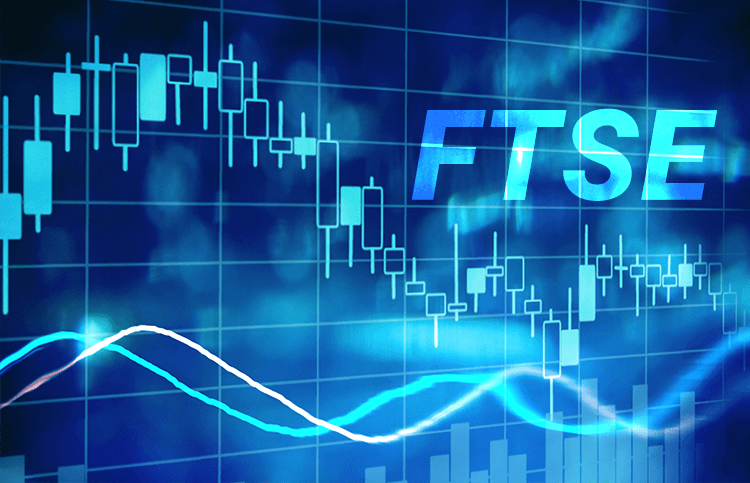Investing in an index can be advisable for several reasons: diversification, market exposure, effectiveness.
Investing in an index provides instant diversification across a basket of stocks. An index typically includes a wide range of companies from different sectors, reducing the impact of individual stock price movements on the overall portfolio. Diversification can help mitigate the risk of holding only a few stocks and potentially improve risk-adjusted returns.
Index is a cost-effective Investment compared to buying individual stocks. Trading costs, such as fees and commissions, can add up when buying and selling multiple stocks. Index funds or exchange-traded funds (ETFs) that track an index generally have lower expense ratios compared to actively managed funds. These lower costs can have a positive impact on long-term returns.
Strong points to invest in an index
Market Exposure: Investing in an index allows you to gain exposure to the overall market or a specific sector without having to select individual stocks. By investing in the broader market, you can capture the overall performance of that market segment, which is often influenced by economic conditions and market trends. This approach is suitable for investors who believe in the long-term growth of the market but may not have the time or expertise to analyze and select individual stocks.
Passive Investing Strategy: Index investing is a form of passive investing, where the goal is to replicate the performance of the underlying index. This strategy avoids the need for frequent buying and selling of stocks, reducing transaction costs and minimizing the impact of market timing decisions. Passive investing is based on the belief that the market is efficient and that it is challenging to consistently outperform it over the long run.
Transparency and Benchmarking: Investing in an index provides transparency as the composition and weightings of the index’s constituent stocks are publicly available. This allows investors to assess their portfolio’s performance against the index as a benchmark. It also provides a clear reference point for evaluating the performance of fund managers or comparing different investment strategies.
However, it is essential to note that investing in an index is not without risks. The performance of an index can be influenced by various factors such as economic conditions, market sentiment, and geopolitical events. Additionally, while index investing can provide diversification, it does not eliminate the risk of market downturns or individual stock underperformance.
Before investing, it is advisable to assess your risk tolerance, investment goals, and time horizon. Consulting with a financial advisor can provide personalized guidance and help determine if index investing is suitable for your specific needs.
As example of index we can take the FTSE 100, composed of the 100 largest companies listed on the London Stock Exchange (LSE) based on market capitalization. The index is market-capitalization-weighted, meaning that the weight of each constituent company within the index is determined by its market value relative to the total market value of all index constituents.
The composition of the FTSE 100 index is reviewed quarterly by the FTSE Russell, an independent global index provider. Companies are considered for inclusion in the index based on their market capitalization ranking on the LSE at the review points.

Here are some general guidelines for the composition of the FTSE 100 index:
- Market Capitalization: Companies included in the FTSE 100 index must meet a minimum market capitalization threshold, which is periodically reviewed. As of September 2021, the minimum requirement is usually around £3 billion. Companies that fall below the threshold may be removed from the index.
- Free Float: Only the freely tradable shares of a company, also known as the free float, are considered for index inclusion. Shares held by founding shareholders, governments, or other strategic stakeholders are generally excluded from index calculations.
- Liquidity: The FTSE Russell considers the liquidity of the shares when determining index constituents. Highly liquid stocks that can be easily traded are preferred for inclusion.
- Sector Representation: The FTSE 100 index aims to represent a broad cross-section of the UK economy. Therefore, the composition of the index seeks to include companies from various sectors, such as financial services, consumer goods, energy, healthcare, and technology. The weightings of individual sectors may change based on market conditions and economic trends.
- Shares in Public Hands: The companies included in the index must have a minimum percentage of their shares held by public investors. This criterion ensures adequate public participation in the trading of the constituent companies’ shares.
It is important to note that the composition of the FTSE 100 index can change over time as companies’ market capitalizations fluctuate. Companies that experience growth or decline in their market value may enter or exit the index during regular review cycles.
Investors interested in tracking the FTSE 100 index can do so through index funds or exchange-traded funds (ETFs) that replicate the performance of the index. These investment vehicles aim to closely match the index’s performance by holding a representative portfolio of the constituent companies’ shares in proportion to their weightings within the index.





